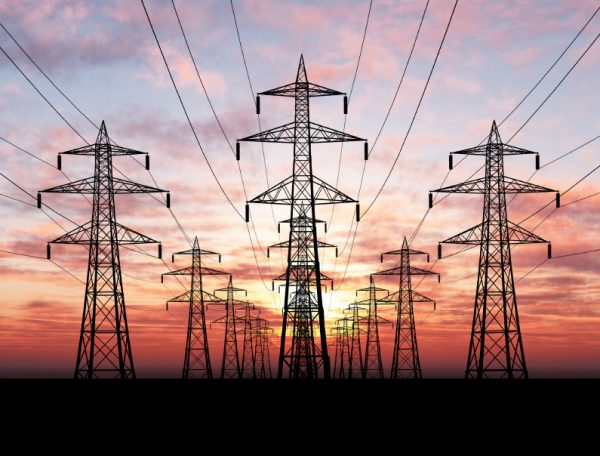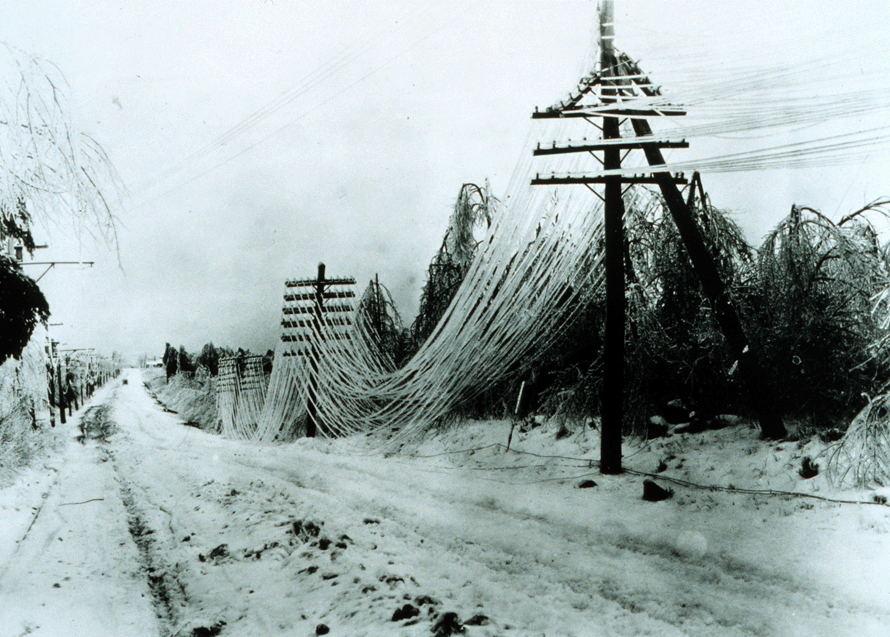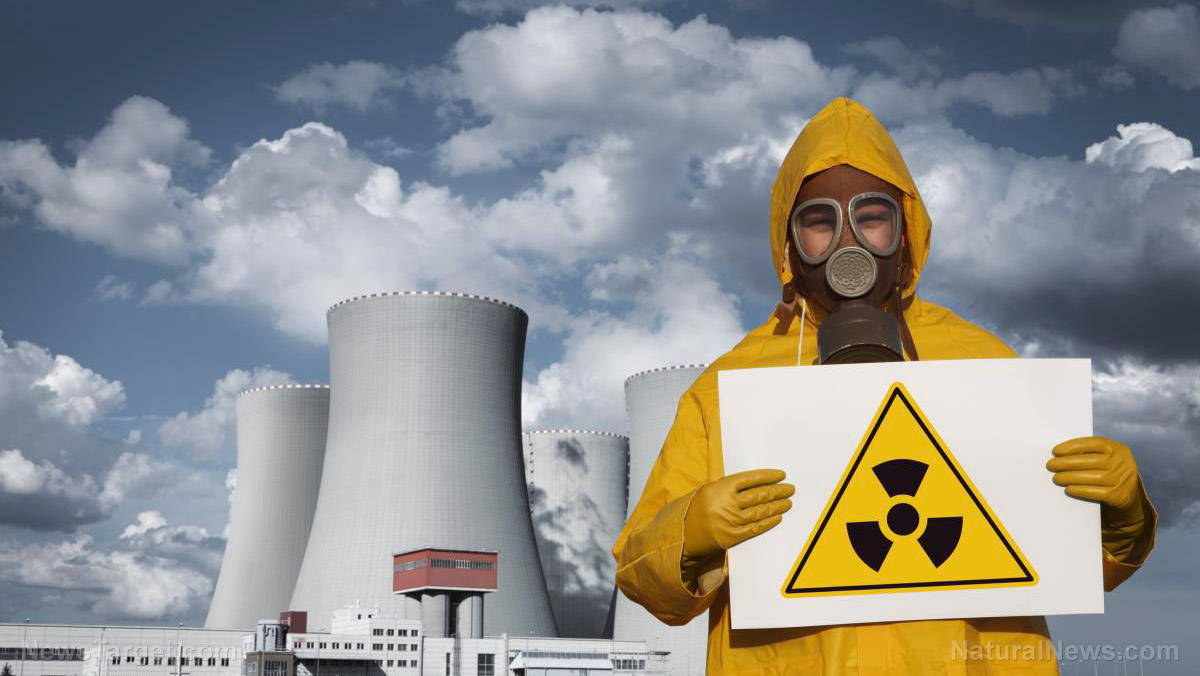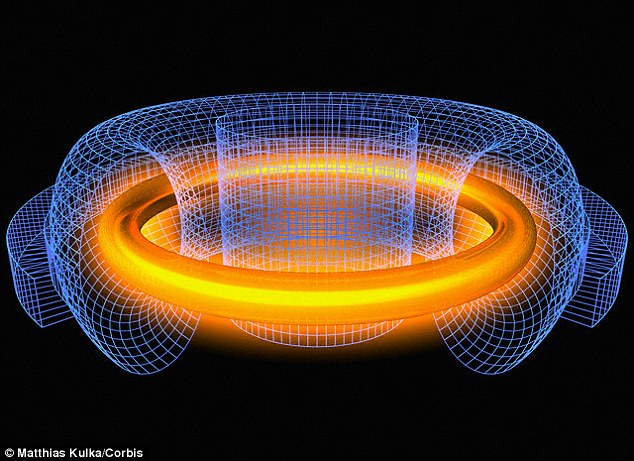FBI, DHS issue warning about increasing cyber threat to nation’s power grid after downplaying it in January
04/12/2016 / By usafeaturesmedia

(Cyberwar.news) The Department of Homeland Security and the FBI launched a nationwide program warning of the dangers faced by American utilities from damaging cyberattacks like the recent hack of Ukraine’s power grid just three months after both agencies downplayed such a threat, the Washington Free Beacon reported Friday.
The campaign began March 31 and included a dozen briefings and online seminars for electrical power companies and those involved in cybersecurity. Sessions were held in eight cities, and there is an online session scheduled in Washington, D.C., this week.
Titled, “Ukraine Cyber Attack: Implications for U.S. Stakeholders,” the briefings are unclassified and are based on work with the Ukrainian government in the aftermath of a December cyber assault against that country’s power infrastructure.
“These events represent one of the first known physical impacts to critical infrastructure which resulted from cyber-attack,” said an announcement of the briefing by the DHS Industrial Control Systems Cyber Emergency Response Team.
“The attacks leveraged commonly available tools and tactics against the control systems which could be used against infrastructure in every sector,” it added.
The briefings seek to outline details of the Ukrainian hacks – which Kiev has blamed on Russia – as well as the techniques used by the hackers and strategies aimed at limiting risks and boosting cybersecurity for the U.S. power grid.
Cybersecurity forensics experts also believe the attack was carried out by Russian government operatives due to the type of malicious software – BlackEnergy – that was detected in the aftermath of the attack.
The FBI/DHS threat briefings followed an internal intelligence report by Homeland Security published in January saying that cyber threats to the U.S. power grid were low.
“We assess the threat of a damaging or disruptive cyber attack against the U.S energy sector is low,” the report, labeled “for official use only,” said, The WFB reported.
More:
- Ukraine has become Ground Zero for the most intense cyberwar ever fought
- It begins: First cyber attack that took a power station offline occurred in Ukraine in December
The report added that great powers with advanced cyber capabilities like Russia and China are primarily interested in “cyber espionage.”
Foreign-based hacking into U.S. industrial systems that remotely control electrical power grids as well as water and other infrastructure “probably is focused on acquiring nation-state contingency planning that would be implemented to conduct damaging or disruptive attack in the event of hostilities with the United States,” says the eight-page report.
Most malicious cyberattacks against energy firms was downplayed in the report as “low-level cybercrime that is likely opportunistic in nature rather than specifically aimed at the sector, [and] is financially or ideologically motivated, and is not meant to be destructive.”
In addition, the January report sought to move away from references to “cyber-attacks,” describing them as an exaggeration.
“Overuse of the term ‘cyber attack,’ risks ‘alarm fatigue,’ which could lead to longer response times or to missing important incidents,” the report said.
Experts have said that any major cyber attack on the United States by a great power would immediately necessitate a massive cyber response from the Defense Department, though some have also noted that the U.S. is much more dependent upon cyber and online systems than other nations.
Still, the threat is real, say U.S. military and intelligence officials.
“It is only a matter of the ‘when,’ not the ‘if’—we’re going to see a nation-state, group, or actor engage in destructive behavior against critical infrastructure in the United States,” Adm. Mike Rogers, commander of Cyber Command, as well as director of the National Security Agency, said in a speech March 2.
“Seven weeks ago it was the Ukraine. This isn’t the last we’re going to see this, and that worries me,” Rogers said.
See also:
Cyberwar.news is part of the USA Features Media network.
Tagged Under: China, cyberattack, espionage, infrastructure, national security, power grid, Russia




















